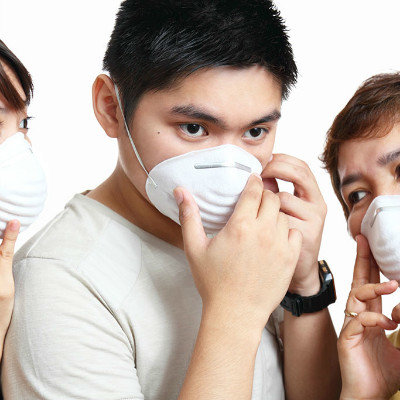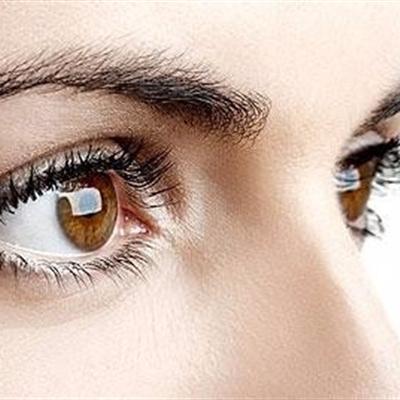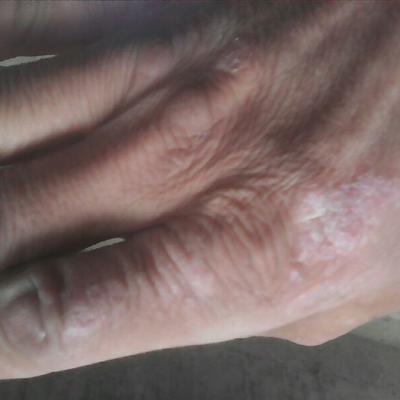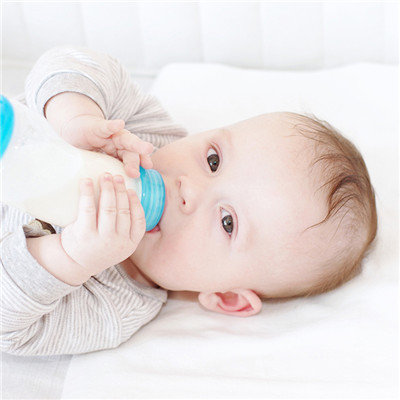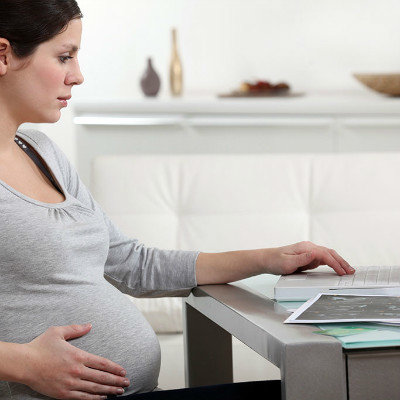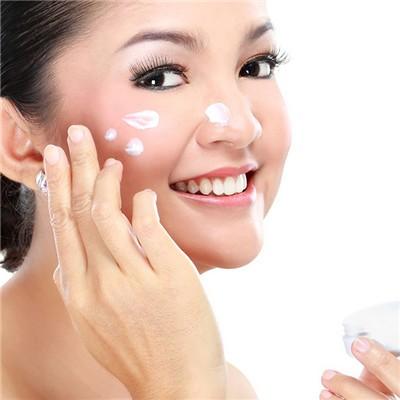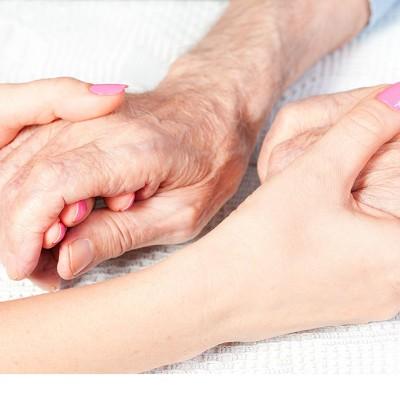Does facial neuritis recover quickly
summary
The term facial neuritis is not very familiar to many people, but when it comes to facial paralysis, everyone will suddenly realize. In fact, it's just that the name is different, and the cause of the disease is still unclear. There are many clinical treatment methods, the prognosis of facial neuritis is generally good, the recovery time is not long, especially for young patients. Now let's have a specific understanding.
Does facial neuritis recover quickly
Facial neuritis is also known as idiopathic facial paralysis or Bell palsy. It is mainly peripheral facial paralysis caused by nonspecific inflammation of facial nerve in stylomastoid foramen. The disease can occur at any age, mainly in young people, men in their 20s to 40s. The onset of the disease is acute, peaking in hours to days. The main clinical manifestations are paralysis of facial expression muscles, disappearance of frontal lines, inability to wrinkle forehead, inability to completely close eyelids, etc.
The clinical treatment principle is to improve local blood circulation, reduce facial nerve edema, relieve nerve compression, and promote the recovery of nerve function. It can be treated with corticosteroids and acyclovir. In the acute stage, infrared radiation or local hot compress can be carried out near the mouth of stem and milk. Because patients can not close their eyes for a long time, it is easy to cause infection. You can wear an eye mask to protect your cornea. Recovery period can be treated with rehabilitation.
The prognosis of this disease is very good. Eighty percent of the patients can recover in a few weeks or a month or two. Incomplete facial paralysis can recover in a month or two. Patients with complete facial paralysis usually need half a year to a year to recover, often leaving sequelae. The recovery of taste within one week indicates a good prognosis. If the elderly patients also have diabetes, hypertension and other diseases, the prognosis will be poor.
matters needing attention
We must have the confidence to cure, and be patient, not anxious. Mood is one of the factors affecting the prognosis. In addition, in the acute phase must pay attention to keep warm, do not make the cornea exposed and dry, before cure need to wear eye mask or use ofloxacin eye drops and other preventive treatment.
